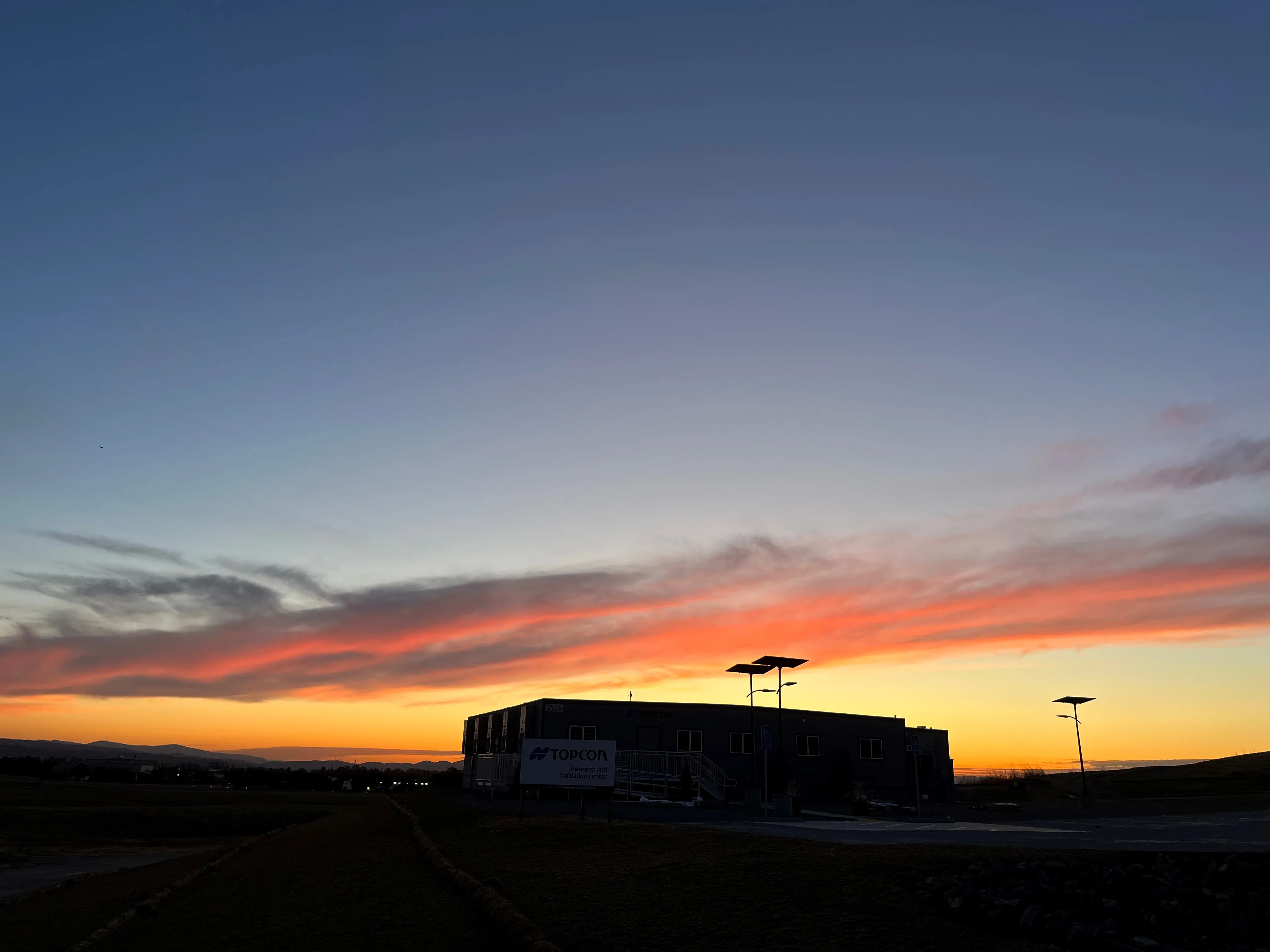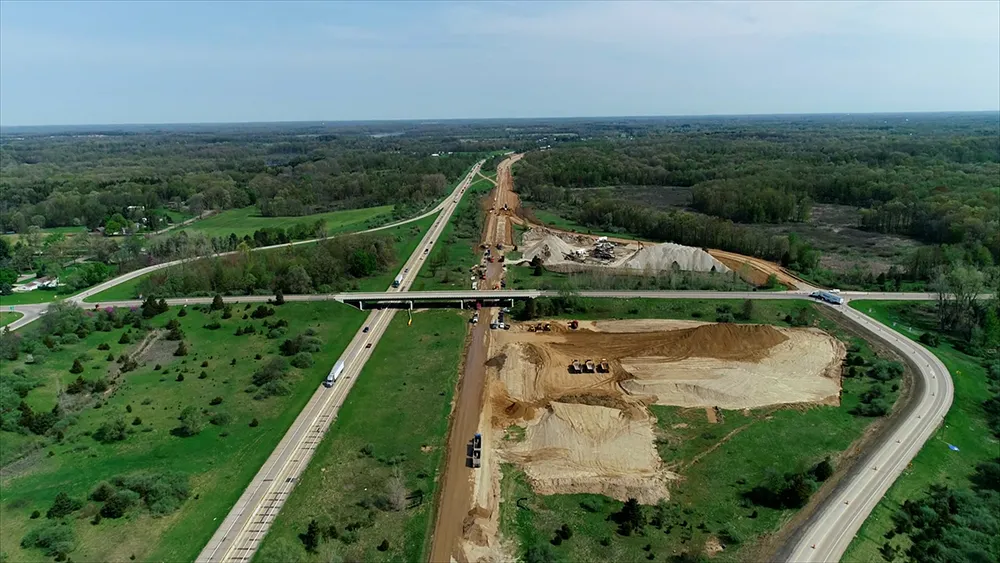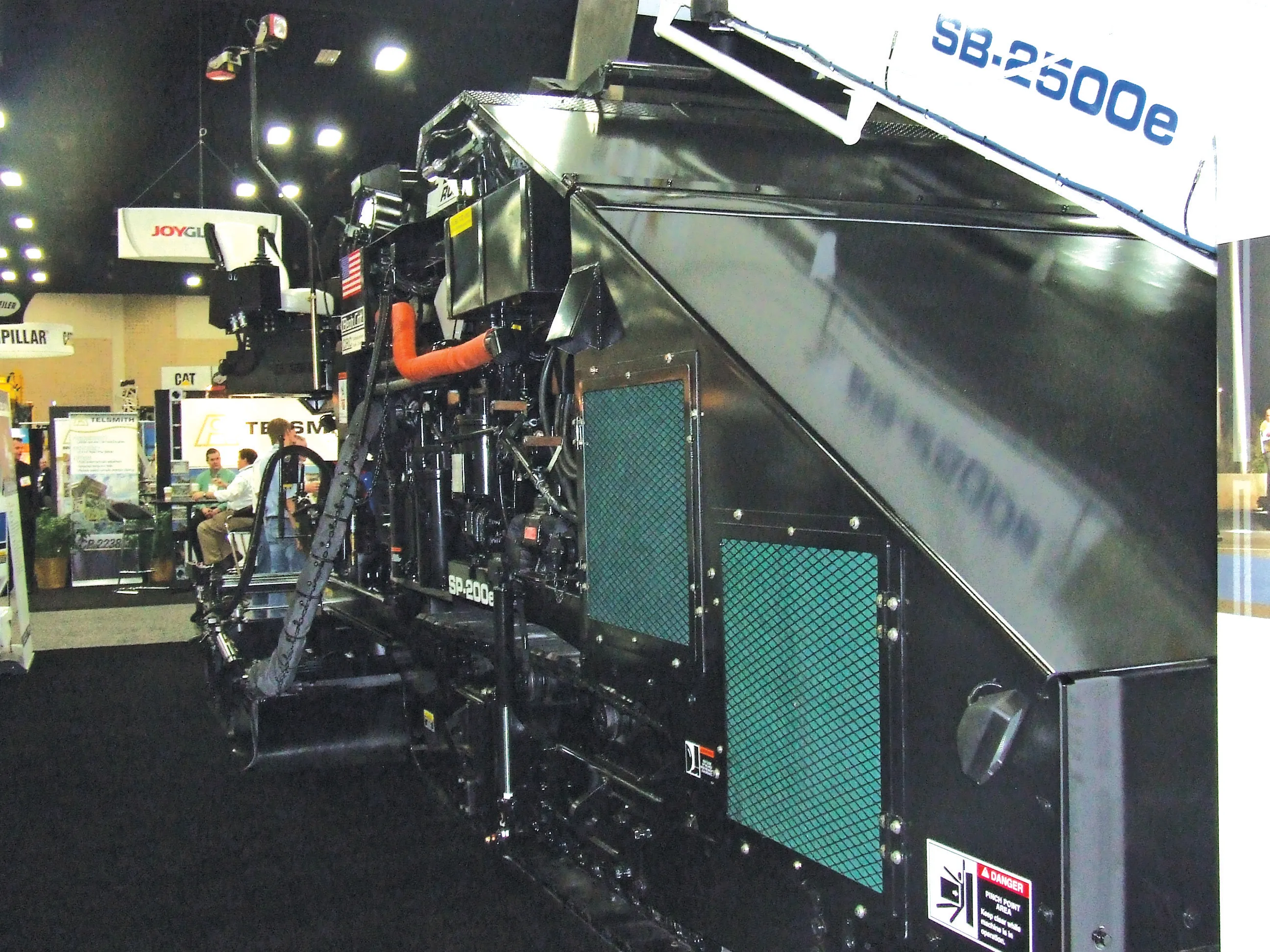
As a technology firm, it is no surprise that Topcon Positioning is utilising some of the latest technology in delivering solutions for customers in construction (and agriculture). Nor is it a surprise that the firm is ahead of the curve when it comes to research and development, looking at how emerging technologies will impact on future advancements.
The firm uses AI to leverage trends and analyse field data to prevent quality issues. Shanshal said, “We’ve put a lot of emphasis on AI to identify what our customers are looking for. With AI there has been an easier way of looking at trends and seeing issues before they happen.”
The firm leverages AI to understand these issues so as to address them and also use the information for new product development. Shanshal continued, “With AI you have a lot more knowledge of things you’d spend time looking for. AI does that search for you.”
Cowles commented, “In the last 12 months there has been a massive explosion of AI.” She added that areas such as professional services and support will change fast through the use of AI, adding that there will be new roles for people to create the information that the necessary algorithms will utilise. “We are going to make major moves in technical support,” she said and added, “The value is being able to change how we do things.”
But she cautioned that when someone asks a question of an AI tool (such as Chat GPT), will it give a good answer and who will decide what is a good answer versus what is the best answer?
Meanwhile, Shanshal explained that a new generation of operators is coming that is more aware of technology than in previous times. However, there is also a shortage of machine operators, which is why there is a growing need for machine control systems. “Automating the industry is a gamechanger. The next step is autonomous operation,” he said.
Cowles agreed and added, “There is a shortage of workers and that is going to get worse.”
Shanshal continued, “As we automate the world of construction equipment, we also automate the manufacture of our equipment. We’re working on two elements. The first step we’re looking at is designing our product for automation.”
He said that the units have been complex in the past, with many internal wires The newest models are instead being designed with snap together components, making them easier and quicker to assemble as well as to service and maintain. “It’s also a great way to reduce the number of parts and increase durability,” he added.
Shanshal said that firm is developing robotic cells for the manufacture of its units, while AI has been used to help determine how best to manufacture the products. Testing of the products once they are assembled is also carried out using AI systems and stereo vision cameras. This learning technology has helped to boost quality and is more reliable than conventional testing by personnel.
The changes to manufacturing and testing are not intended to reduce the payroll at the Topcon facility and instead the aim is to retain personnel levels while increasing output and productivity.
Demand is growing for products and Shanshal said, “The biggest growth the industry is seeing is on compact loaders and mini excavators.”
He explained that demand is particularly strong for the MC Mobile package, which is used on smaller machines. For contractors, this technology goes part of the way to addressing the challenge in finding people to operate equipment. Technology is going through a step change and rather than the old ways of doing things, firms are using new types of tools.
This change has been seen at Topcon, which has moved from being a hardware supplier to offering a whole suite of software solutions and services. But Cowles cautioned, “A large part of the industry is not aware what technology is available.”
Topcon Positioning
www.topconpositioning.com









